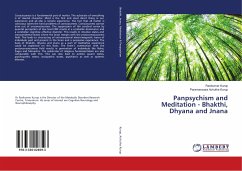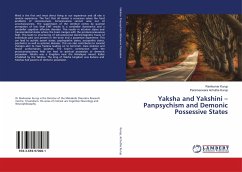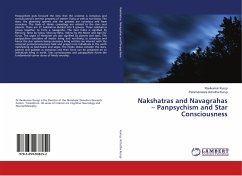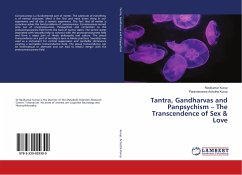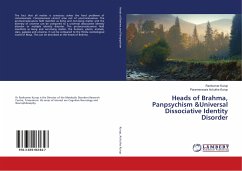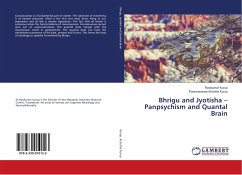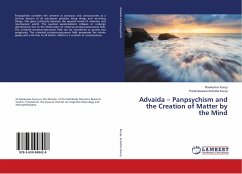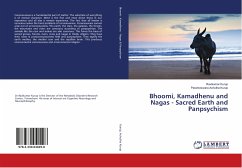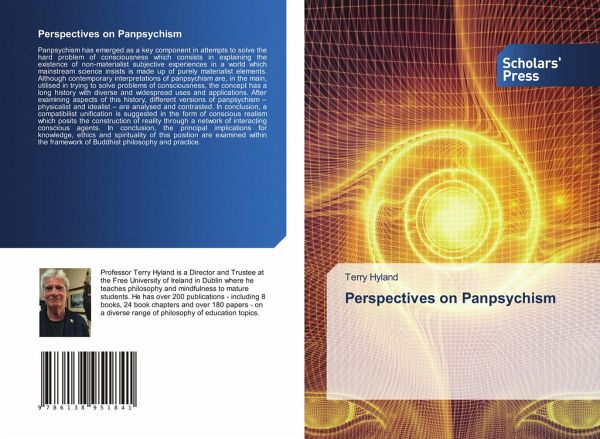
Perspectives on Panpsychism
Versandkostenfrei!
Versandfertig in 6-10 Tagen
30,99 €
inkl. MwSt.

PAYBACK Punkte
15 °P sammeln!
Panpsychism has emerged as a key component in attempts to solve the hard problem of consciousness which consists in explaining the existence of non-materialist subjective experiences in a world which mainstream science insists is made up of purely materialist elements. Although contemporary interpretations of panpsychism are, in the main, utilised in trying to solve problems of consciousness, the concept has a long history with diverse and widespread uses and applications. After examining aspects of this history, different versions of panpsychism - physicalist and idealist - are analysed and c...
Panpsychism has emerged as a key component in attempts to solve the hard problem of consciousness which consists in explaining the existence of non-materialist subjective experiences in a world which mainstream science insists is made up of purely materialist elements. Although contemporary interpretations of panpsychism are, in the main, utilised in trying to solve problems of consciousness, the concept has a long history with diverse and widespread uses and applications. After examining aspects of this history, different versions of panpsychism - physicalist and idealist - are analysed and contrasted. In conclusion, a compatibilist unification is suggested in the form of conscious realism which posits the construction of reality through a network of interacting conscious agents. In conclusion, the principal implications for knowledge, ethics and spirituality of this position are examined within the framework of Buddhist philosophy and practice.





